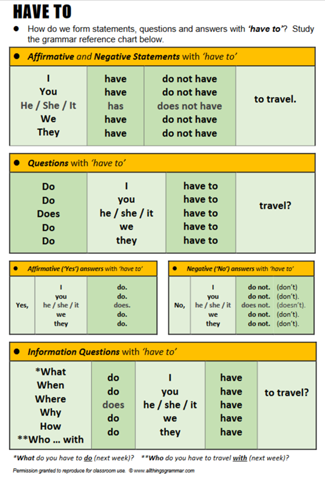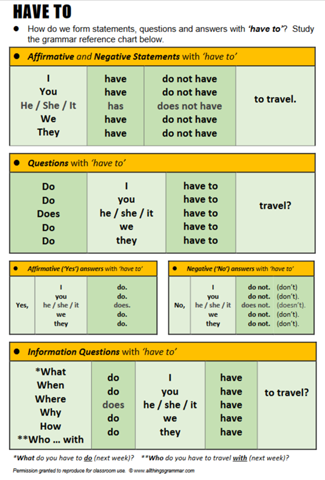Englische Antwort: Yes I do oder Yes I have?
Wenn jemand fragt: "Do you really have to go?"
Ist die Antwort dann grammatikalisch korrekt "Yes, I do" oder "Yes, I have"?
1 Antwort
Hallo,
Da im englischen Sprachgebrauch Antworten nur mit "yes" oder "no" ungewöhnlich sind und als unhöflich empfunden werden, verwendet man Kurzformen, um zu vermeiden, dass man bei Entscheidungsantworten, die mit "ja" oder "nein"
beantwortet werden, den kompletten Satz noch einmal wiederholen muss.
Die Bildung der Kurzantworten unterliegt folgenden Regeln:
Das Hilfsverb (to be, to have, can, may, must, shall) wird in der Kurzantwort wieder aufgegriffen.
Lautet die Antwort "yes", ist die Kurzantwort bejaht, lautet die Antwort "no", ist die Kurzantwort verneint.
1. "Have you done your homework? "Yes I have." bzw. "No. I haven't."
2. "Can you speak Spanish?" "Yes I can." bzw. "No, I can't."
3. "Do you like football?" "Yes I do." bzw. "No, I don't."
4. "Does he live in Munich?" - "Yes, he does." / "No, he doesn't."
5. "Can he dance?" - "Yes, he can." / "No, he can't."
6. "Is she German?" - "Yes, she is." / "No, she isn't."
usw.

Meist ist die Kurzantwort: Yes, you do. oder No, you don't.
Zur besonderen Betonung aber auch: Yes, you have to. oder No, you don't have to.
In most cases, the repetition of 'have to' in the short form answer will seem awkward or odd -- because it's not necessary at all. You should stick with using the appropriate form of DO, or in the case of 'will have to', use 'will' in the short form answer:
Do I have to clean the classroom?
Yes, you do.
No, you don't.
Did I have to go there?
Yes, you did.
No, you didn't.
Will I have to meet her there?
Yes, you will.
No, you won't.
In exceptional cases, people might choose to repeat 'have to' for emphasis -- possibly to add a sarcastic sense to the response, for example.
(https://thegrammarexchange.infopop.cc/topic/short-answers-to-yes-no-questions-with-have-to)
Achtung: (Ausnahme):
Bei Kurzantworten mit "must" bitte darauf achten, dass die Verneinung von "must" "needn't" heißt.
"Must I go to the supermarket?" "Yes, you must." bzw. "No, you needn't."
:-) AstridDerPu
